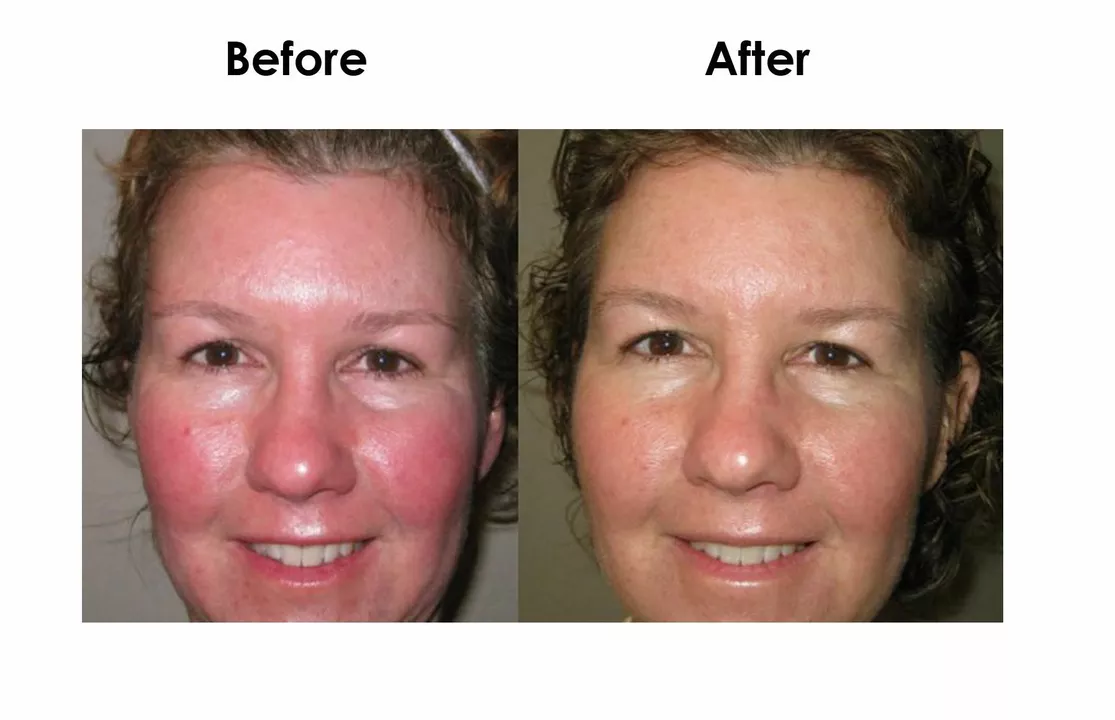Irritation: Fast Relief and Smart Care
Irritation shows up as itching, burning, redness, or a scratchy feeling. It can come from soaps, new creams, infections, inhalers, or medicines. The good news: most mild irritation gets better with simple steps. Below you’ll find clear, practical actions to try and solid signs that mean you should call a clinician.
Common Causes & How to Spot Them
Skin irritation often follows contact with a new product—fragrance, laundry detergent, or a topical medication. If a rash appears only where you touched something, that points to contact irritation. Eye irritation can come from dry air, smoke, or eyedrops that sting. If drops like Vigamox cause burning, rinse your eye gently with saline and stop the product until you check with a pharmacist or doc. Throat or chest irritation can follow inhaler use; poor technique or propellants may cause throat irritation—compare inhalers (like Advair vs Breztri) if coughing or hoarseness is a problem.
Practical Steps to Reduce Irritation
Start with removing the trigger. Stop any new cream, soap, or supplement for a few days and see if things calm down. For skin: wash the area with cool water, pat dry, then apply a plain emollient or 1% hydrocortisone for short-term relief. Avoid scrubbing or heavy perfumes. If a topical antibiotic (like erythromycin) causes more redness or burning, stop it and ask your provider for alternatives.
For eye irritation: don’t rub. Blink, flush with sterile saline or clean water, and avoid contact lenses until the eye feels normal. If you’re using medicated eye drops and irritation or vision changes happen, get medical advice—some drops need prescription checks before restarting.
For inhaler-related irritation try a spacer, rinse your mouth after dosing, and check your technique. If an inhaler leaves you hoarse, ask whether a switch could help—some patients find different inhalers or delivery styles cause less throat irritation.
If a pill or a new prescription is the likely cause, review side effects with your pharmacist. Many meds list irritation or GI upset as possible effects. Don’t stop a prescribed medicine without talking to your provider, but do ask about dose changes or safer alternatives if the irritation is persistent.
Prevent irritation by testing new products on a small skin patch first, choosing fragrance-free and dye-free options, and using a humidifier in dry rooms. For recurring problems, allergy testing or a drug review can find hidden triggers.
When to seek help: sudden swelling of the face or throat, trouble breathing, high fever, spreading redness or pus, or symptoms that don’t improve after a week. Also see a doctor if irritation follows a new prescription and comes with dizziness, fainting, or severe stomach pain.
Small changes often work fast. Remove the trigger, soothe the area, and check with a pharmacist or clinician if things don’t clear up. If you want links to specific guides—eye drops, inhalers, or antibiotics—we have detailed pieces that walk you through what to watch for and how to act.




![Insightful Review on the Latest Developments in [Topic Area]](/uploads/2024/07/thumbnail-insightful-review-on-the-latest-developments-in-topic-area.webp)